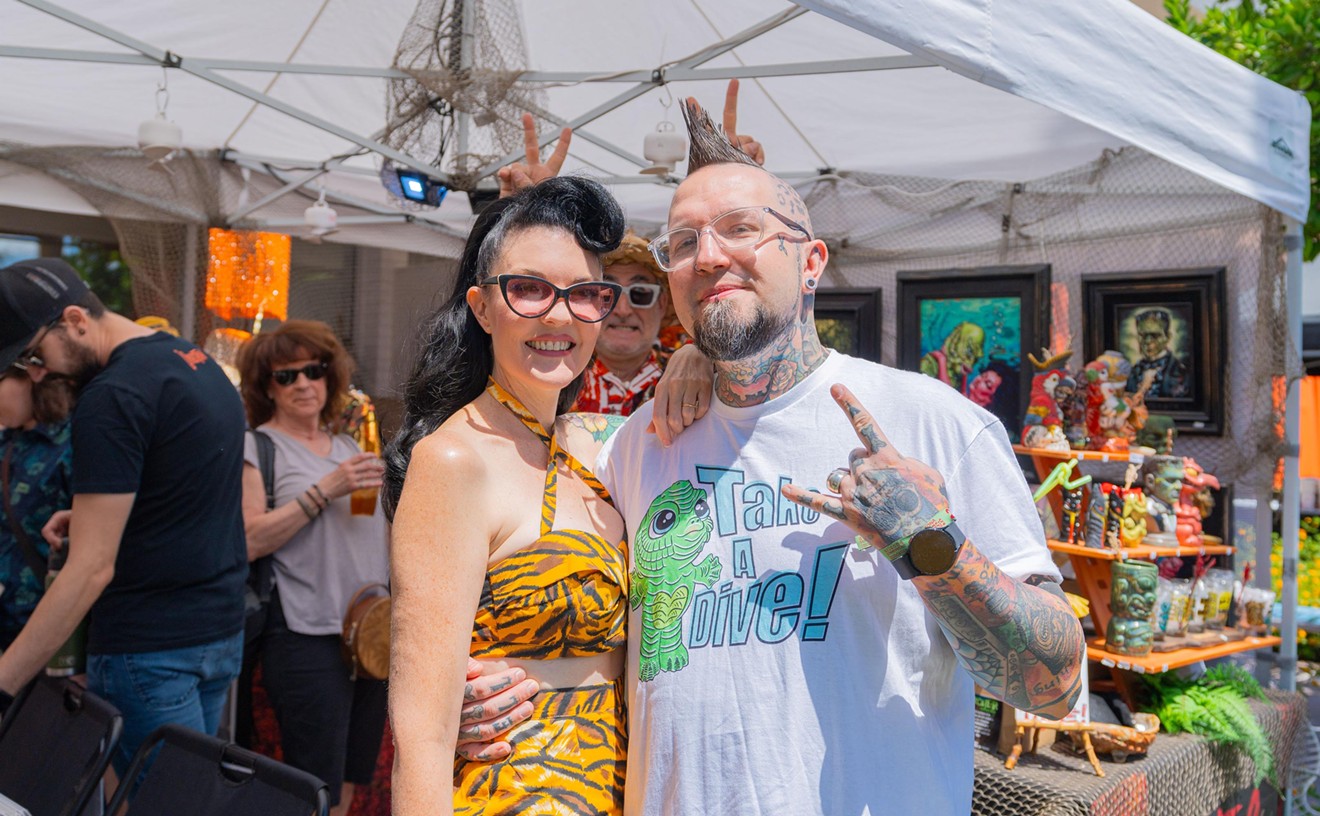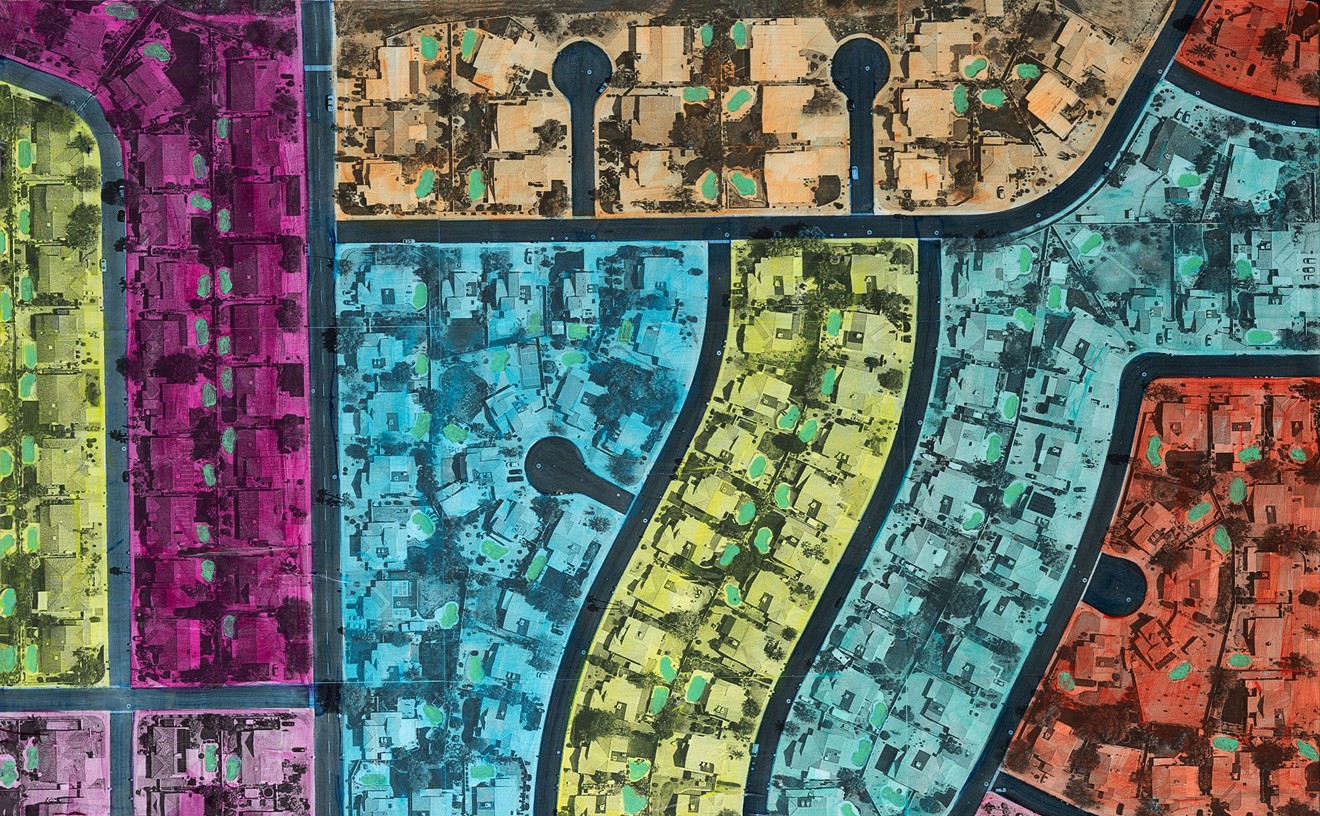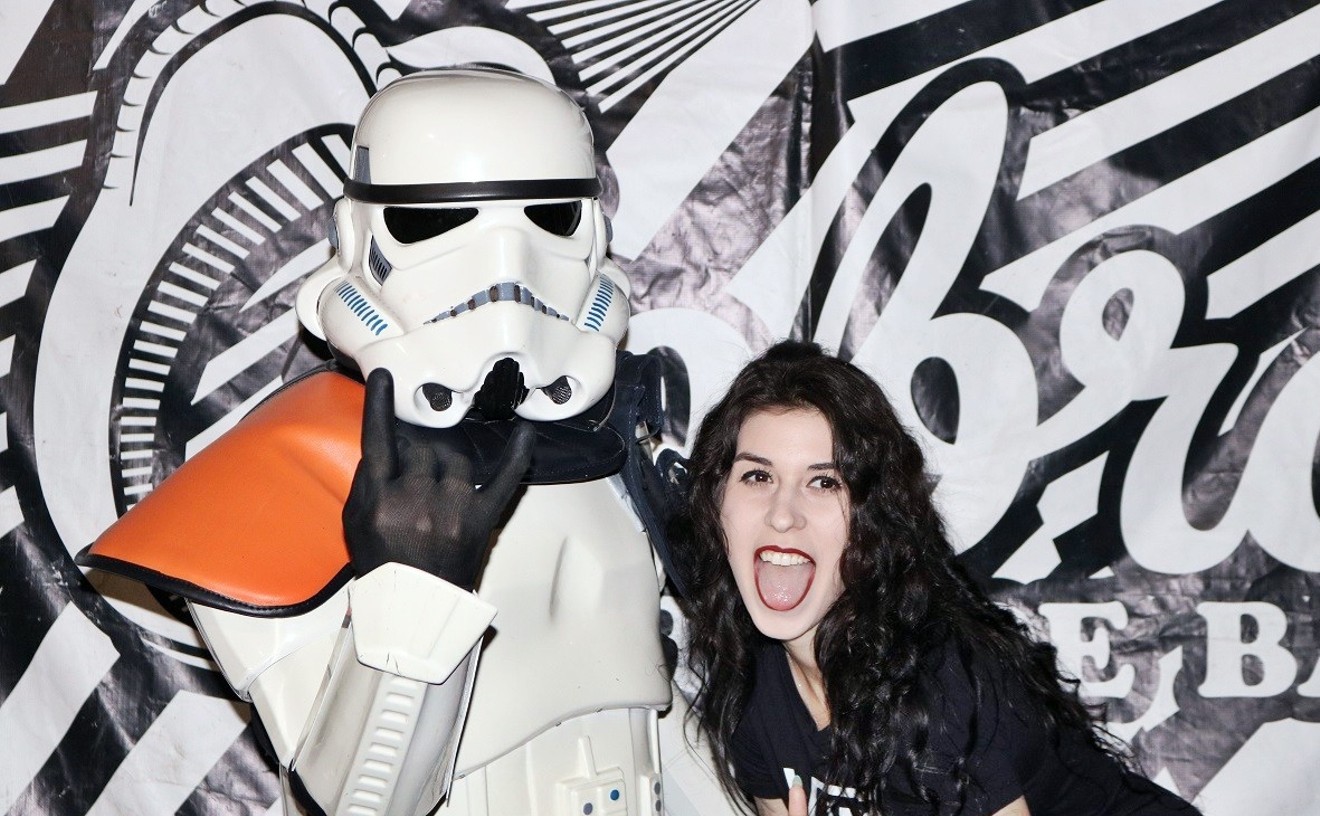If you've ever sought out spiritual enlightenment or been dragged to a hot yoga studio where some guy in his underwear is chanting what sounds to be the Eastern version of Do-Re-Mi, then you've probably asked yourself some of the same questions as New York-based filmmaker, Vikram Gandhi.
Vikram Gandhi's first feature length documentary, Kumaré, explores spiritual authenticity of self-proclaimed prophets, in a social experiment he calls "The Spiritual Placebo Effect." The film centers around an enlightened guru named Sri Kumaré who comes to Phoenix and establishes a base of devoted followers, students of his spiritual teachings.
The movie, which has been released in select theaters around the country, will be premiering at Harkins Valley Art Theater tonight. Jacaklope Ranch was able to connect with Vikram earlier this week to ask him a few questions about the film, and what he wants people will take away from it.
Why Phoenix?You know I just wanted to go some place where I didn't know anyone ... And I was looking for a place where yoga and spirituality were popular and some place that felt very American at the same time.
How have people been reacting to this film, especially those in the various spiritual communities that you explore?
It's overwhelmingly positive. I think it's people who are in the film, you know because there are other gurus in it, have been less than excited but that's going to happen with any documentary on any subject.
And I think for those who have seen the film, of the people who were close to Kumaré, ultimately everyone is giving me a positive reaction, but not everyone has seen the film. Overwhelmingly the community that has been most supportive of this film has been the yoga community, people who have been interested in spirituality, people who have had gurus, people who've had experiences looking for answers
And most of those people and a lot of that world has come to me after the release of the movie saying that they were happy that someone made a film and addressed a lot of the questions that they had and a lot of the doubts that they had experienced in their own lives.
What was your reasoning for making the documentary?
I made this film because I looked at the world around me and I think a lot of artists make films and make art because they want to reflect the way they see the world, and how the perspective that maybe we have isn't always the realist one.
And when I was seeking out to make this film, I saw this big dissonance between what people were teaching and how people were acting. I also saw this big discrepancy between what people were calling yoga and what people were selling as yoga. So these kinds of things made me want to address the subject and it was something that has to do with my own personal perspective and I think in a way telling the story from that perspective was some way to reach an audience that was far bigger than me. I know there's some communal longing that everyone has to find answers.
I made a movie for anybody that has ever had questions about spiritual subjects, or spiritual leaders or religion or just even questions about why we believe that other people have the answers for us. So it's also that. I don't know if I necessarily looked at the audience first, because you know in my head I kind of thought everyone would relate to it. What would you like people to take away from this film?
I think it's important for people to ask questions. I made the movie because we're in the 21st century but we still fantasize about things that aren't real, that don't get us closer to having a happier life which is imagining that some place far away has bigger answers then we have in ourselves.
And I set out to make a movie that I felt like I could say something, I could maybe teach something about one specific thing in the world that I felt I like had a perspective on and put enough thought into, and this subject of gurus and Eastern religion is something that I thought I could express.
So it's mostly a film that starts a conversation and in a way it's a checks and balances the way we in America have adopted other cultures. So to me, the film is about raising a lot of questions and starting a conversation. It leaves a lot things open to interpretation on purpose.










